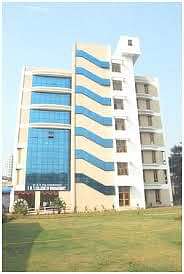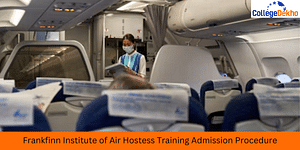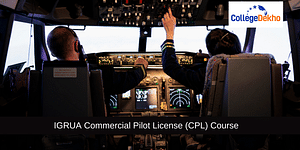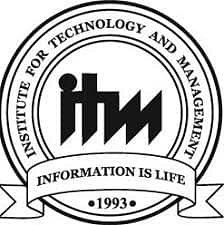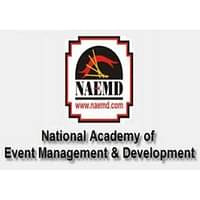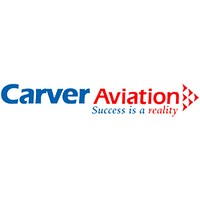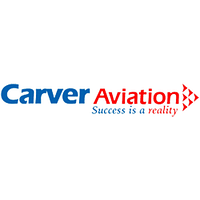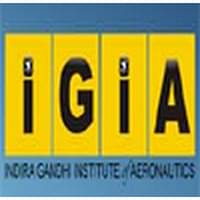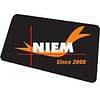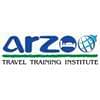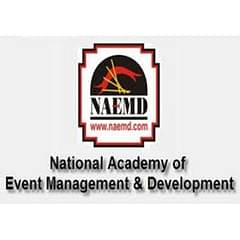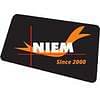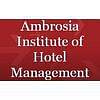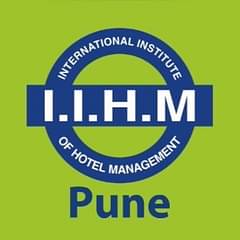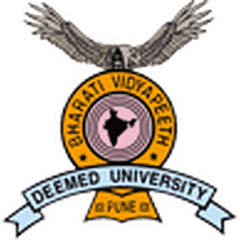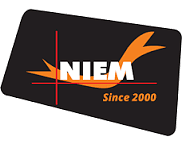Table of Contents
YMTHMC Campus
At Y.M.T. Homoeopathic Medical College the students are endowed with modern infra and convenient amenities that make their life 'go easy' in college hours, alongside make learning more interesting. Some of the facilities include well ventilated classrooms, recreational areas, indoor and outdoor games, stocked library, seamless internet connectivity, medical facilities etc.
Top Courses at Y.M.T. Homoeopathic Medical College
Y.M.T. Homoeopathic Medical College Reviews
Infrastructure: Campus Facilities: Evaluate the condition and adequacy of campus buildings, including classrooms, laboratories, administrative offices, and student facilities such as cafeterias and recreational areas.Library Resources: Assess the college's library in terms of its collection of homeopathic literature, reference materials, journals, and online databases. A well-equipped library is essential for supporting research and learning.Laboratories: Review the laboratories dedicated to homeopathic practice, including facilities for preparing and dispensing homeopathic remedies, as well as any other scientific or clinical laboratories required for training.Clinic Facilities: Examine the clinic facilities where students gain practical experience by treating patients under supervision. Consider factors such as the cleanliness, organization, and availability of necessary equipment and resources.Technology Infrastructure: Evaluate the college's technological resources, including computer labs, internet access, audiovisual equipment in classrooms, and any specialized software or tools used for homeopathic education.Residential Facilities (if applicable): If the college offers on-campus housing, assess the quality of dormitories or residential buildings, including amenities, cleanliness, safety, and proximity to academic facilities.Accessibility: Consider whether the infrastructure is accessible to students with disabilities, including ramps, elevators, accessible restrooms, and other accommodations to ensure equal access to educational resources and facilities.Maintenance and Upkeep: Observe the general maintenance and upkeep of campus facilities to ensure they are clean, well-maintained, and safe for students, faculty, and staff.
Hostel: Accommodation: Evaluate the quality and comfort of the rooms provided to students. Consider factors such as room size, cleanliness, ventilation, lighting, and furniture.Safety and Security: Assess the safety and security measures in place within the hostel, including security personnel, surveillance cameras, entry restrictions, and emergency response protocols.Amenities: Review the amenities available to students, such as common areas, study rooms, recreation rooms, laundry facilities, kitchens, and Wi-Fi access. Adequate amenities contribute to students' comfort and well-being.Meals: If the hostel provides meal services, evaluate the quality, variety, and hygiene of the food provided. Consider whether dietary preferences and restrictions are accommodated.Community and Culture: Consider the hostel's atmosphere and culture, including opportunities for social interaction, community events, and cultural activities. A supportive and inclusive hostel environment can enhance students' overall college experience.Maintenance and Cleanliness: Observe the cleanliness and maintenance of the hostel facilities, including common areas, bathrooms, corridors, and outdoor spaces. Regular cleaning and maintenance contribute to a healthy living environment.Rules and Regulations: Review the hostel's rules and regulations regarding curfew, visitors, noise levels, alcohol and drug policies, and other aspects that may affect students' living experience.Accessibility: Ensure that the hostel facilities are accessible to students with disabilities, including accommodations such as wheelchair ramps, accessible bathrooms, and designated parking spaces.
Related Questions
Y.M.T. Homoeopathic Medical College QnA
What are the various facilities available on campus at YMTHMC , Navi Mumbai ?
Admission Updates for 2025
ICE College of Hotel Management and Catering Technology
Mumbai (Maharashtra)
Suryadatta Group of Institutes
Pune (Maharashtra)
Ramanath Payyade College of Hospitality Management Studies
Mumbai (Maharashtra)
CII Institute of Hospitality, Mumbai
Mumbai (Maharashtra)
Columbus Academy Andheri
Andheri (Maharashtra)

